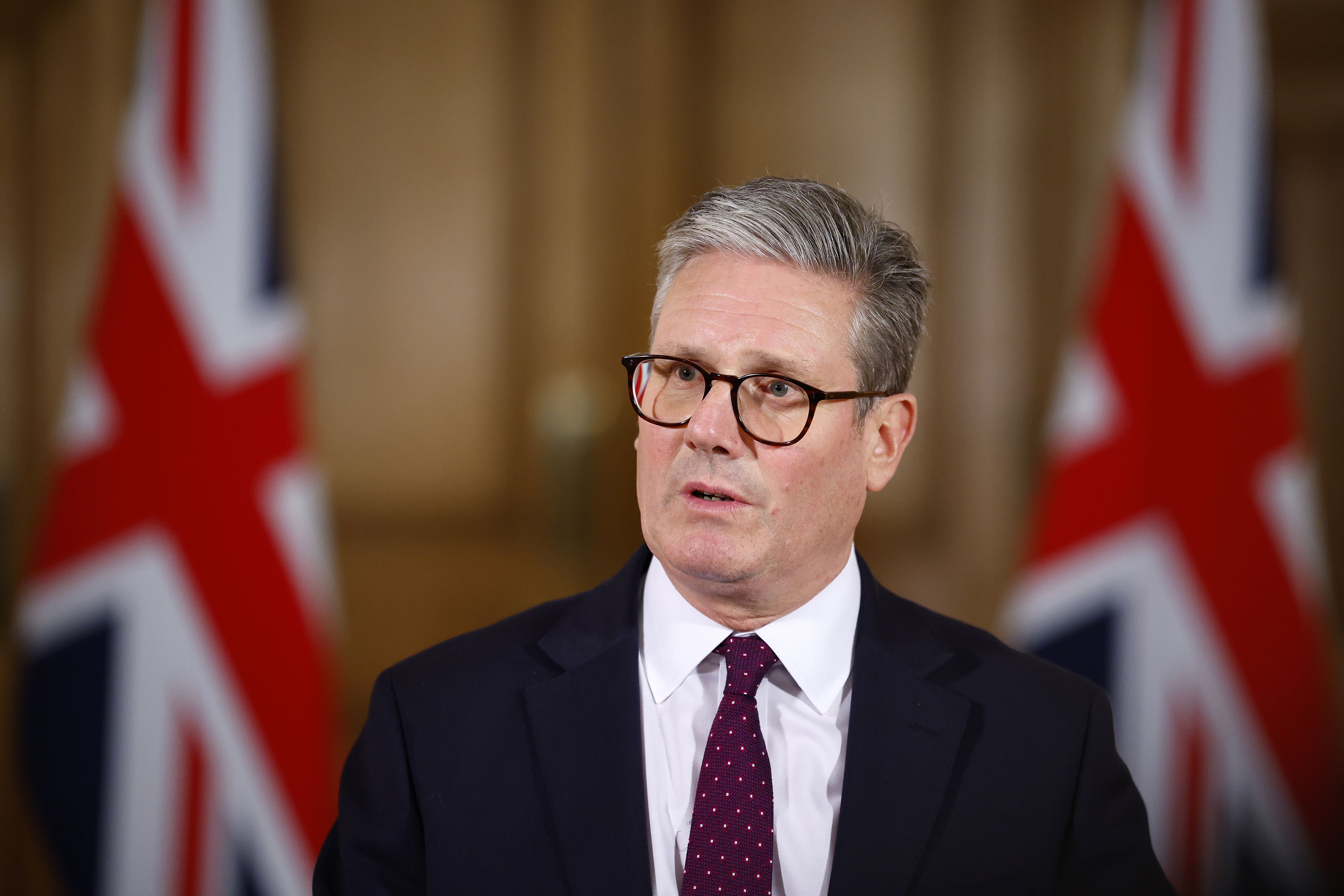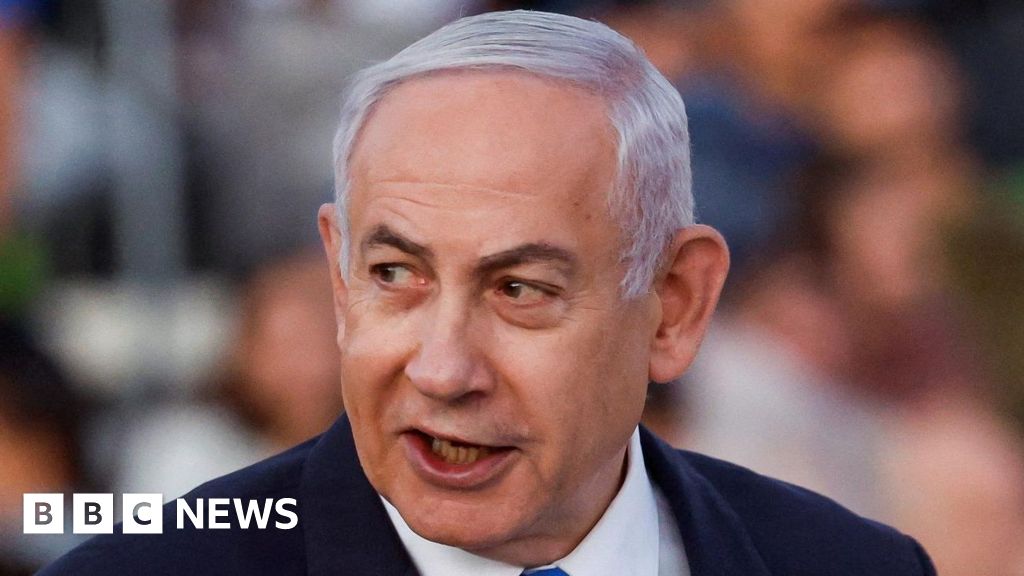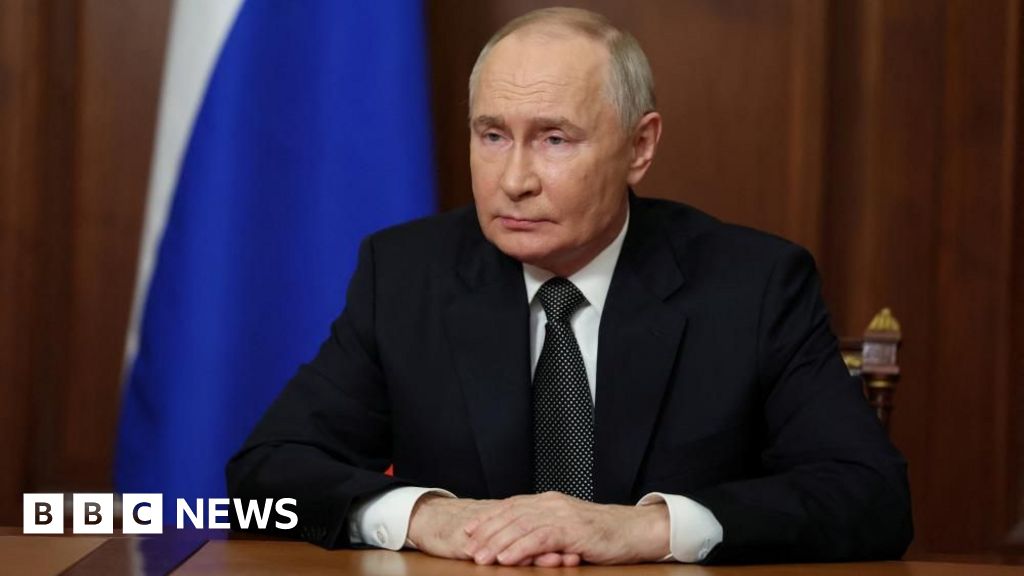World
Sue Gray quits as Starmer resets his top team in bid to regain control over chaos

Sir Keir Starmer has been forced to accept the resignation of his chief of staff Sue Gray in the latest attempt by the prime minister to regain control of the political agenda and end the chaos in his government.
After less than three months in office since the election, the loss of Ms Gray – who he personally recruited to ensure he could drive through his policies through Whitehall once in power – is a major blow for Sir Keir.
But it follows weeks of infighting almost from the moment Labour won a historic election result, coupled with questions over gifts for the prime minister, Ms Gray and senior cabinet ministers, and fears the government has lost control of its own agenda.
Sir Keir has already attempted to reset the agenda three times with announcements about restricting gifts in the future and paying back some of them. Now he is being forced to reset his top team.

Ms Gray will take up a new role in government after admitting she had become a “distraction”, not least over revelations of her £170,000 salary – more than the prime minister.
The move is part of a wider backroom reshuffle after some private criticism by ministers of the way the communications strategy was being run.
Morgan McSweeney becomes the new chief of staff, and James Lyons, a former Mirror journalist working as director of communications for the NHS, will head up a new strategic communications team. Vidhya Alakeson and Jill Cuthbertson will be deputy chiefs of staff.
Ms Gray found herself in a similar position to that of Tony Blair’s director of communications, Alastair Campbell, in the wake of the Iraq War as well as David Cameron’s director of communications, Andrew Coulson, during the phone hacking scandal. Both ended up resigning after becoming the centre of media storms.
The outgoing chief of staff said her decision to step down was a result of “intense commentary” around her position, admitting it risked becoming a “distraction to the government’s vital work of change”.

“Throughout my career my first interest has always been public service,” Ms Gray added.
For many, it had become obvious at a miserable Labour Party conference in Liverpool that Ms Gray’s position was becoming increasingly untenable.
Cabinet ministers had tried to rally in support for her with those in favour describing Ms Gray as “absolutely brilliant” and “the engine of so much that is good”. They were “horrified” that she “has been subjected to these poisonous briefings against her”.
One described her as “a calming influence” and someone “who knows the civil service and which buttons to press inside out”.
But while a majority of senior ministers were backing her to stay on, not all of them were happy.
Most hoped decisive action by Sir Keir in quickly removing cabinet Simon Case would resolve the problem with Mr Case and Ms Gray’s animosity dating back many years. It was revealed when she quit her senior role in the civil service to be Sir Keir’s chief of staff that she had done so because Mr Case had blocked her promotion.

However, despite Mr Case agreeing to leave his post by the end of the year with ill health being given as the reason, Ms Gray has been unable to cling on.
It is speculated that her departure is linked to tensions between the former chief of staff and Sir Keir’s director of political strategy Morgan McSweeney, who has since been parachuted in to replace Ms Gray.
Earlier this month, Ms Gray was the subject of criticism after it emerged she was paid £3,000 more than the prime minister.
In September, Labour figures condemned the party’s preparations for government, as well as Ms Gray’s outsized influence as chief of staff.
Mr McSweeney will take over as Sir Keir’s chief of staff, Downing Street confirmed today, as part of a wider attempt by the prime minister to bolster his operation in No 10.
In a statement, the prime minister thanked Ms Gray for her work to “prepare us for government and get us started on our programme of change”.
She has been appointed as the prime minister’s envoy for nations and regions, an advisory role to help the government “develop and maintain strong relations between central government and other devolved authorities”.
In a statement, she said: “After leading the Labour Party’s preparation for government and kickstarting work on our programme for change, I am looking forward to drawing on my experience to support the prime minister and the cabinet to help deliver the government’s objectives across the nations and regions of the UK.”
She said it had been an honour to “play my part in the delivery of a Labour government” in her role as chief of staff.
The Conservative Party said the changes are evidence that Sir Keir’s government has been “thrown into chaos” in fewer than 100 days, adding: “He has lost his chief of staff who has been at the centre of the scandal the Labour Party has been engulfed by.
“Sue Gray was brought in to deliver a programme for government and all we’ve seen in that time is a government of self-service. The only question that remains is who will run the country now?”










